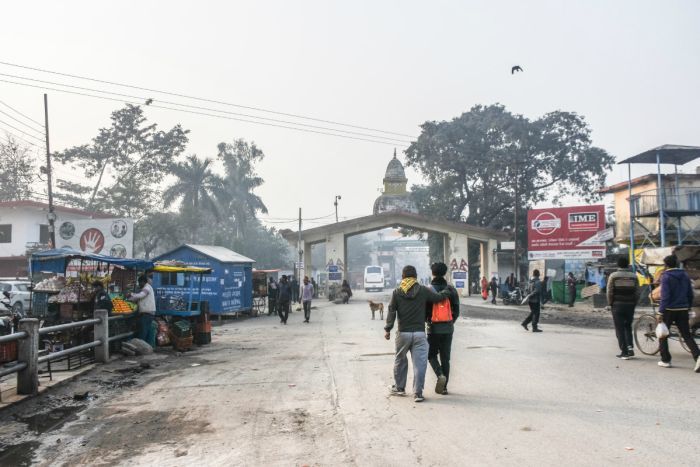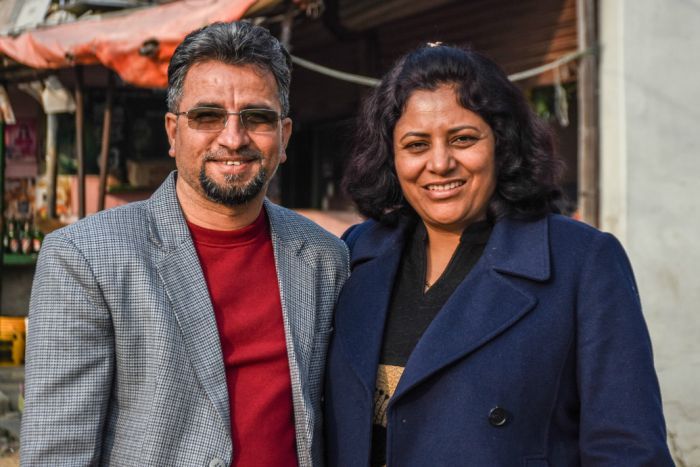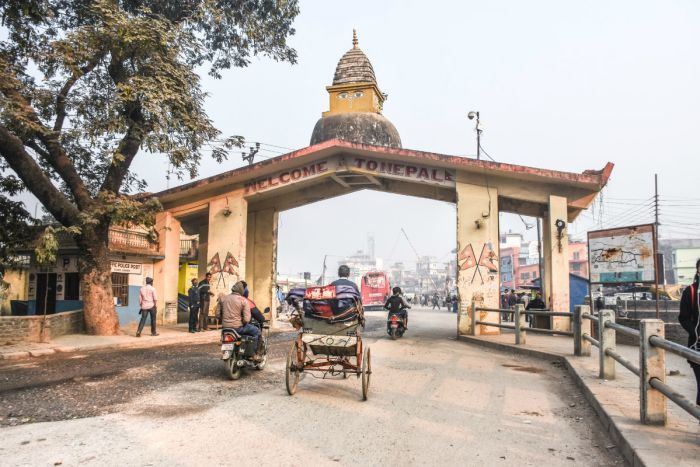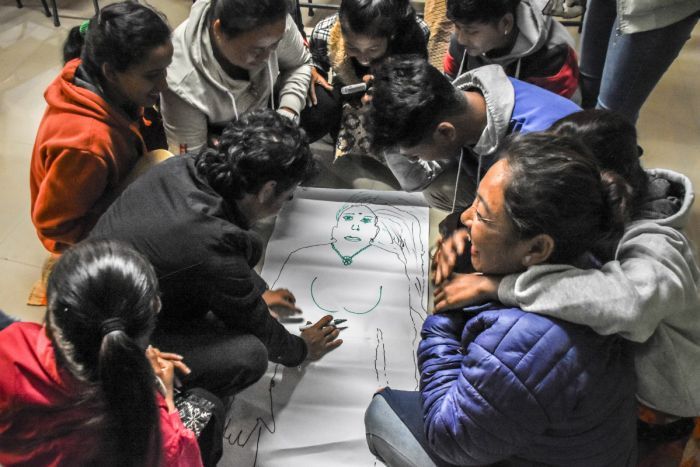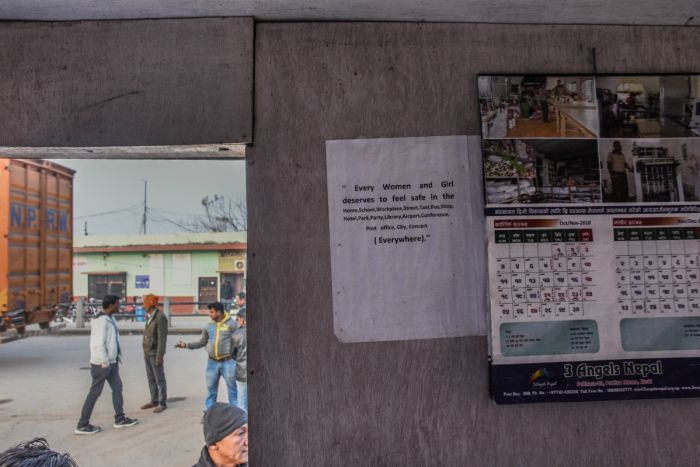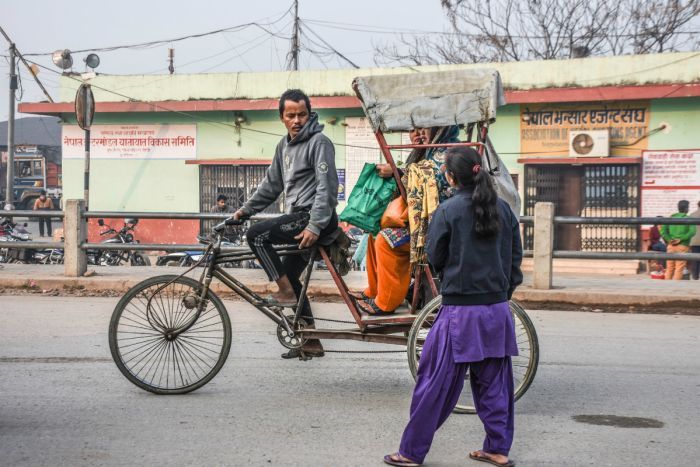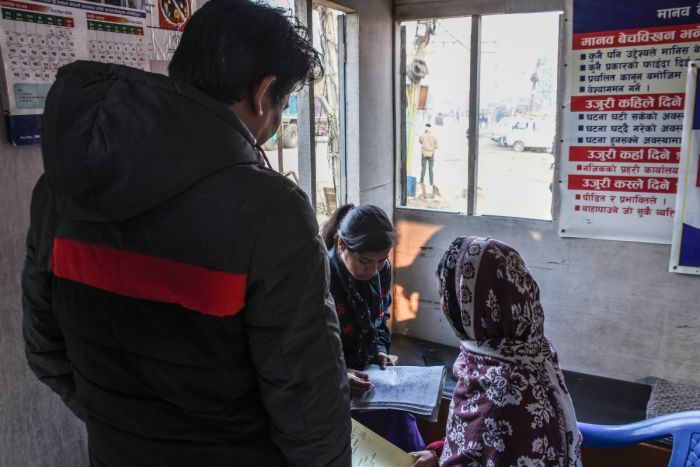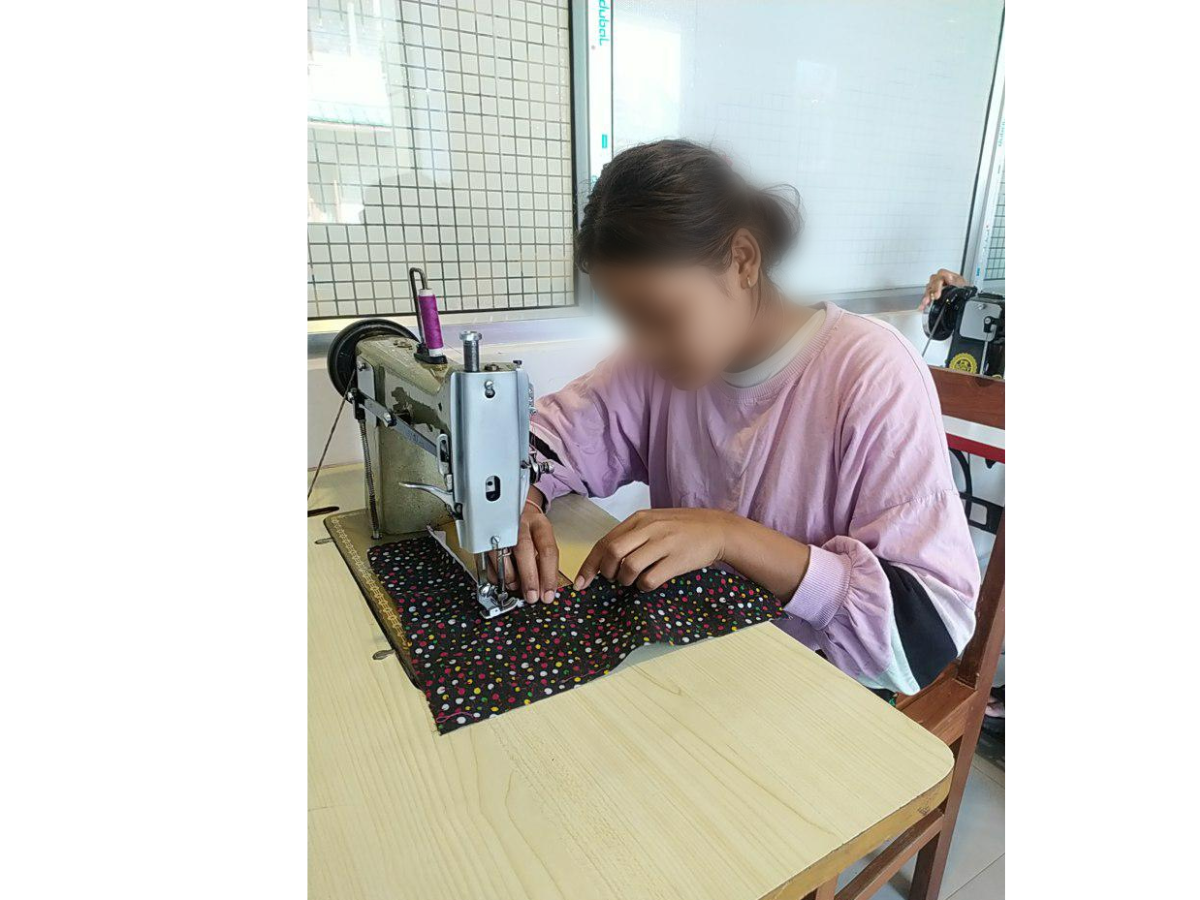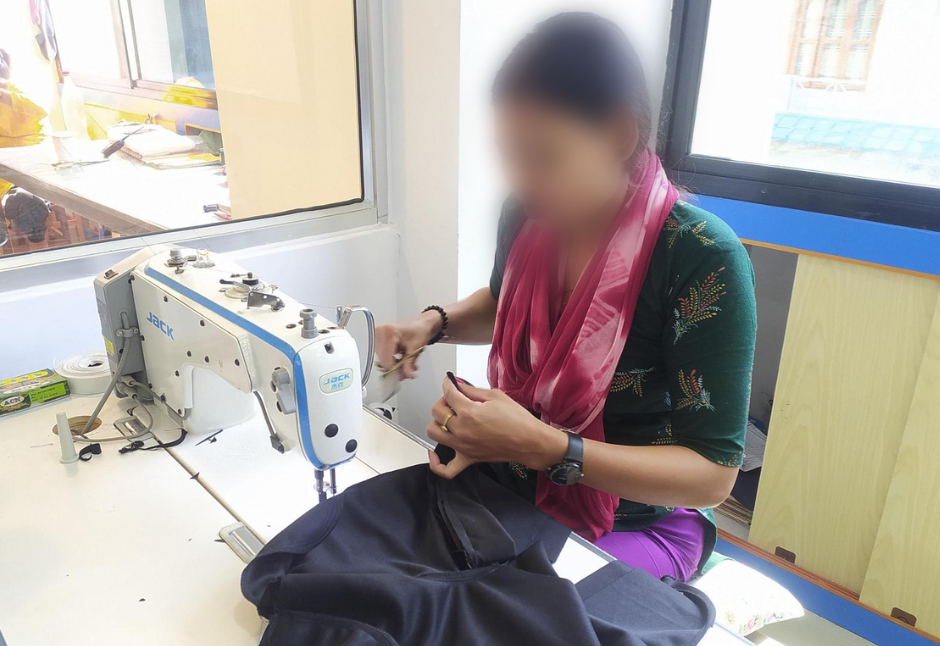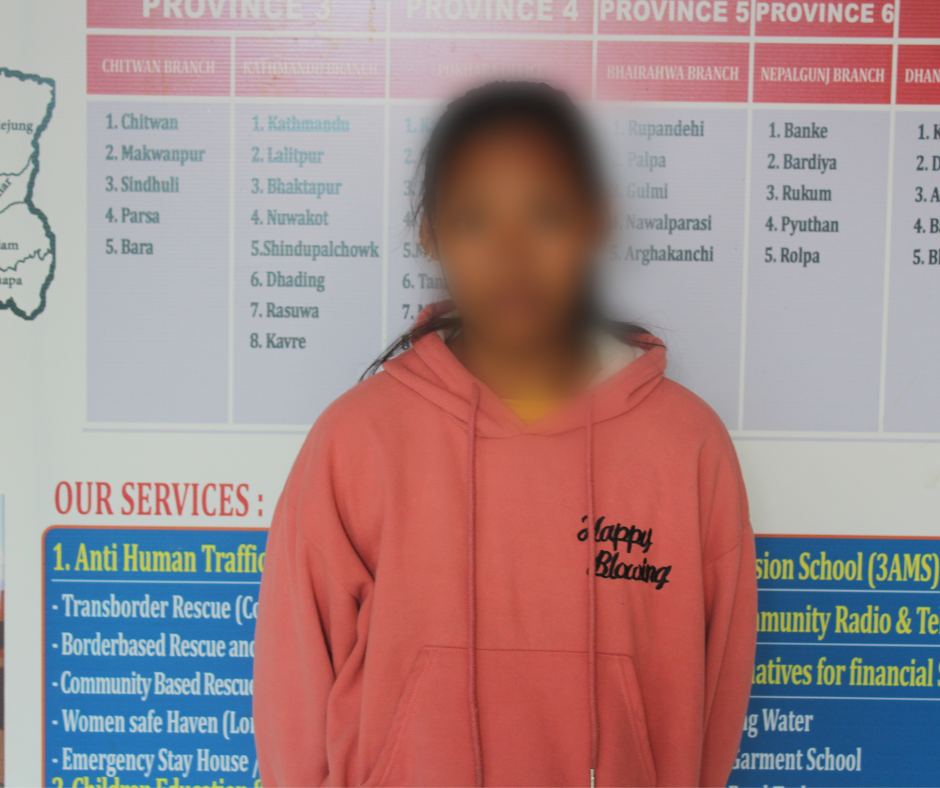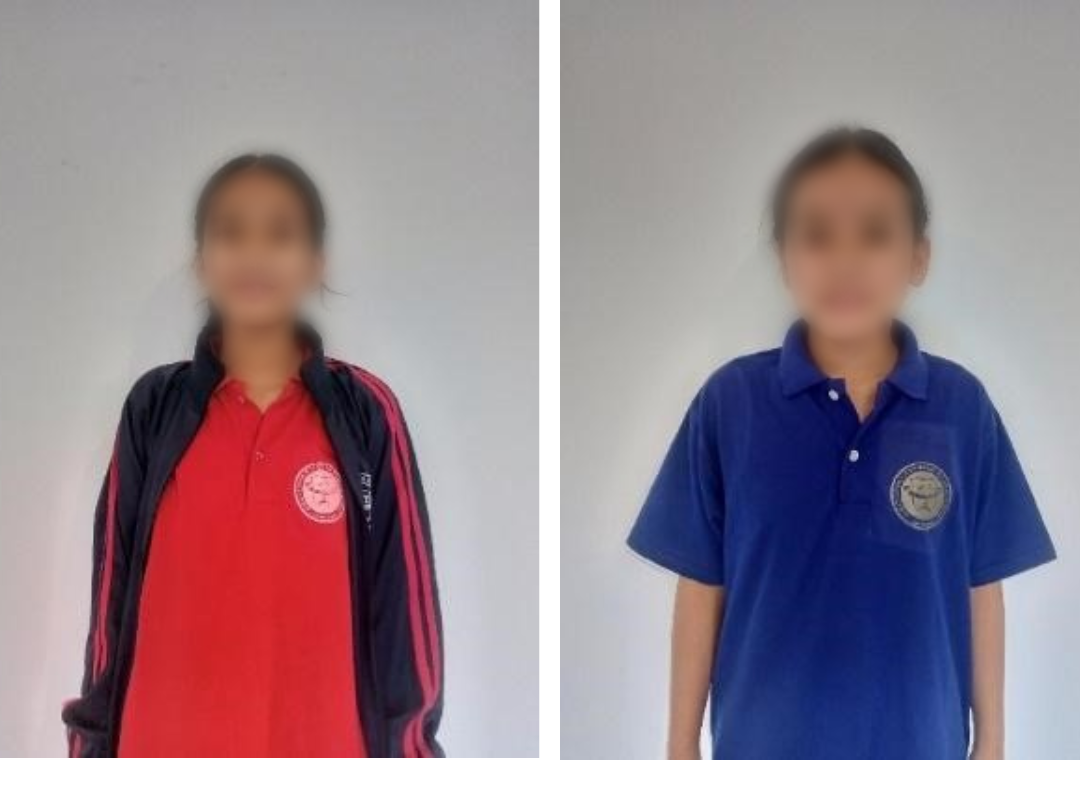Sita is Now All Smiles
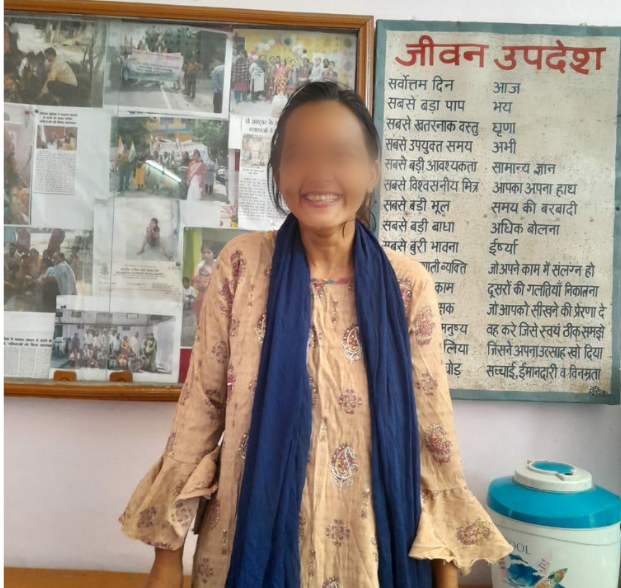
Sita* (name changed for privacy) was discovered by the police in a traumatized and abandoned state. Despite being transferred to a shelter in India, staying for several months, and taking medication, her mental state did not improve. Due to the language barrier, the India team could not counsel her. The organization contacted various Nepalese NGOs to...
 20 SHARES
20 SHARES


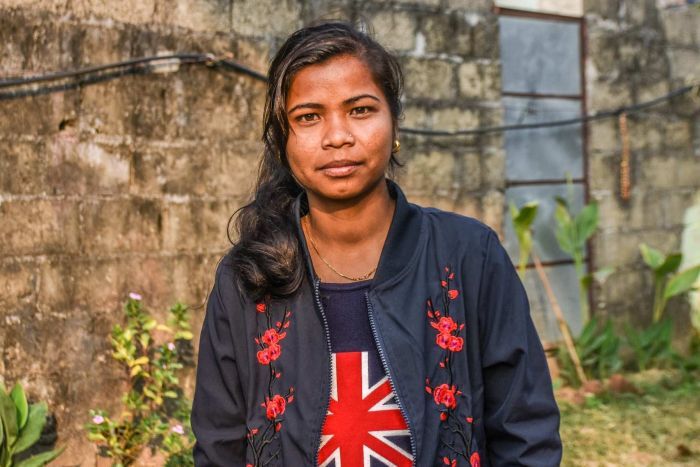 When border guards stopped her escape to India, Maheshwori Nepali was furious. “I felt very angry that they were holding me up and asking me so many questions,” she says. Born into one of Nepal’s lowest castes — the Dalits — she was seeking the promise of a better life over the border.
When border guards stopped her escape to India, Maheshwori Nepali was furious. “I felt very angry that they were holding me up and asking me so many questions,” she says. Born into one of Nepal’s lowest castes — the Dalits — she was seeking the promise of a better life over the border.